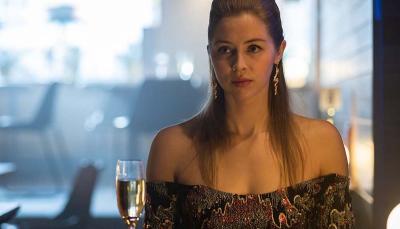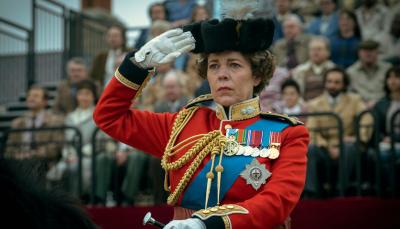'We Hunt Together': Season 2 Remains a Demented Delight
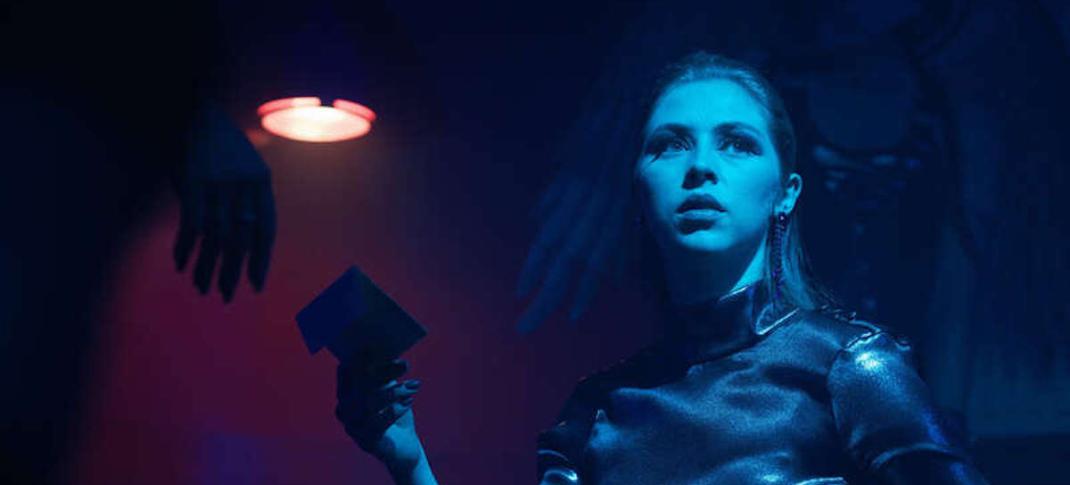
Hermione Corfield in "We Hunt Together" (Photo: Showtime)
The first season of Showtime thriller We Hunt Together was a breath of fresh air in the crime drama landscape—a cat and mouse thriller that was just as interested in telling the stories of the pair committing the crimes as the detectives chasing after them. Part love story, part procedural, and part psychological exploration, the show's first season was intense and unique, asking viewers to question their own beliefs about vengeance, justice, and what both those things actually look like in the real world.
In many ways, the show's second outing is more straightforward than its first, for good and ill. There's a much more traditional murder investigation, and a more familiar sort of serial killer sits at the heart of the story. Their obsession with Freddy Lane (Hermione Corfield) is what brings her more directly into the action of Season 2, but it also means she's less of an overt villain this time around. (Though her hands still aren't exactly clean here either.) She's still wrestling with plenty of her own inner demons: her visions of the dead BFF she pushed into a lake whose name she now wears, her still-raw grief over Baba's death, the loss of the one person who loved her unconditionally, her seemingly bottomless urge for attention and validation.
But though Corfield's performance remains as deft as ever, carefully walking the line between emotionally damaged millennial and gleeful psychopath, there are fewer larger narrative questions about how we're meant to feel about her character this season and no uncomfortable questions about what her choices mean. Instead, the show now seems to view Freddy as a slightly less violent (at least in terms of sheer scale) version of Villanelle from Killing Eve, and rather than trying to understand her, it seemingly expects its audience to simply revel in what she's allowed to get away with, and thrill at how close she comes to getting caught (or at the very least implicated in some larger crime.)
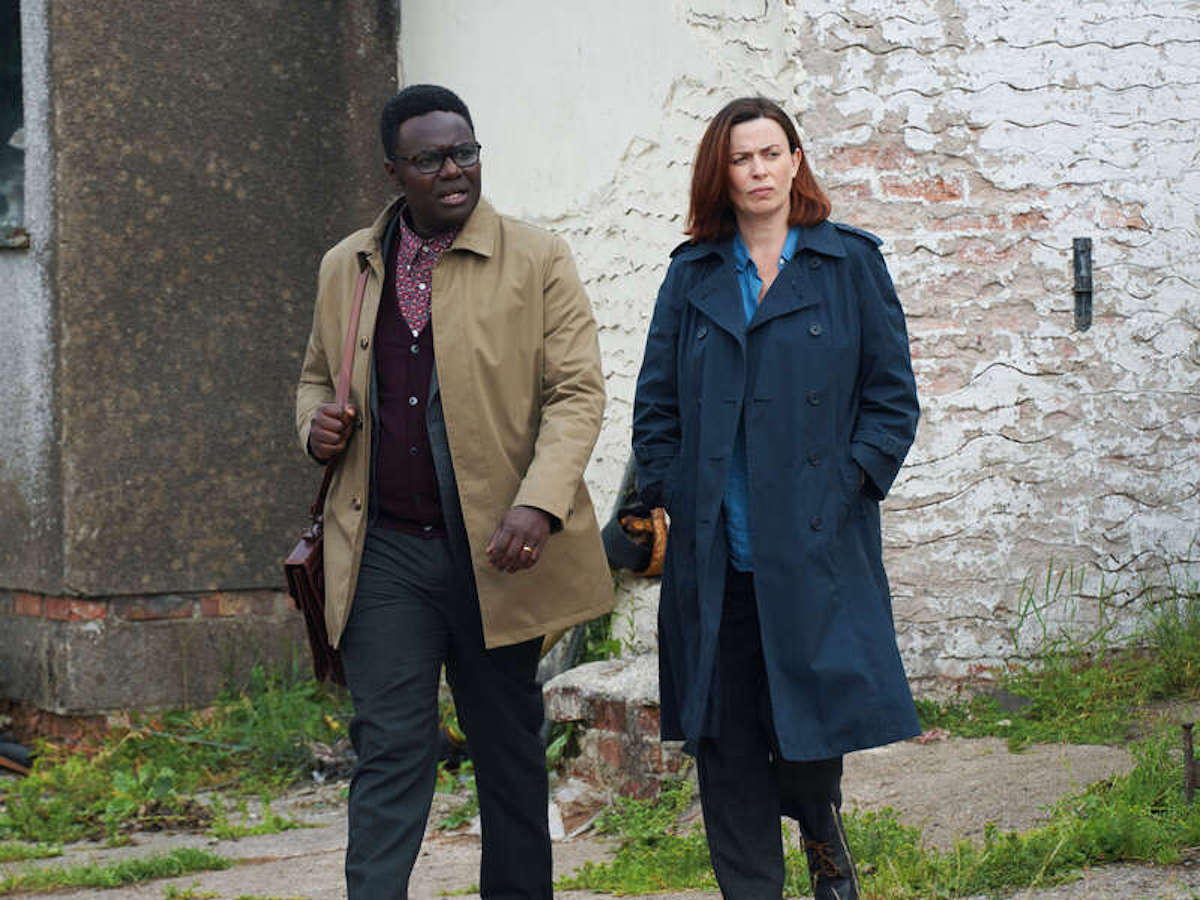
Season 2 picks up with Freddy a free woman, though plenty of internet sleuths and casual tabloid readers don't believe she was as uninvolved in the multiple murders that her boyfriend Baba Lenga (Dipo Ola) allegedly committed as she claims. DS Lola Franks (Eve Myles) is still obsessed with the case and sees Freddy as something of her personal white whale, the woman that got away and the murderer she's determined to see behind bars somehow. Her partner, DI Jackson Mendy (Babou Ceesay), is more concerned with his home life, where is wife is about to give birth to twins. But when a violent murder turns out to have a connection to Freddy, they're both eager to try and suss out whether she's somehow involved (and take another run at bringing her in if they can).
Freddy, for her part, is actually being honest about not having anything to do with Season 2's initial victim beyond having hooked up with him at a speed dating event. But when she receives a strange letter that appears to be from the killer, things take a dark turn. The Birdman—so named because of the dead-eyed pigeon head mask he wears while he commits his crimes—is pretty darn creepy in his own right, and his obsession with Freddy is a strange mix of a stalker and number one superfan desperate for her approval. And while Freddy's a bit rightfully skeeved out about things like body parts arriving for her in the post, she's also clearly desperate for the same kind of connection she had with Baba, and open to the slightest hint that someone somewhere knows about her darker urges and likes her anyway.
Through its illustration of her seemingly genuine relationship with Henry (Angus Imrie), her devoted childhood BFF (and brother of the deceased Frederica), We Hunt Together tries to hint that another, more normal kind of life might still be possible for Freddy. But the show also hints that even if that's true, she might not actually want it, as she essentially points someone she knows to be a deranged murderer at her enemies for fun and hopes he'll do her the solid of taking them out for her as some kind of twisted romantic gesture. Yet, there are moments—when she assumes she's accidentally sent the Birdman after one of the few people whose welfare matters to her, when she actually tries to stop this thing she's put in motion—where it feels as though Freddy actually understands how wrong and out of control it's all become. Are these genuine feelings of regret? Is Freddy truly capable of growth or real change?
The show hopes that you'll wonder about the answer to those questions but doesn't feel the need to tell you one way or another. And even Freddy's most seemingly altruistic moments generally feel calculating and double-edged, as though she's always playing a role, even for us as the audience, and it's difficult to know how much we should believe anything she says. (But, if we're honest, isn't that part of what makes the show fun?
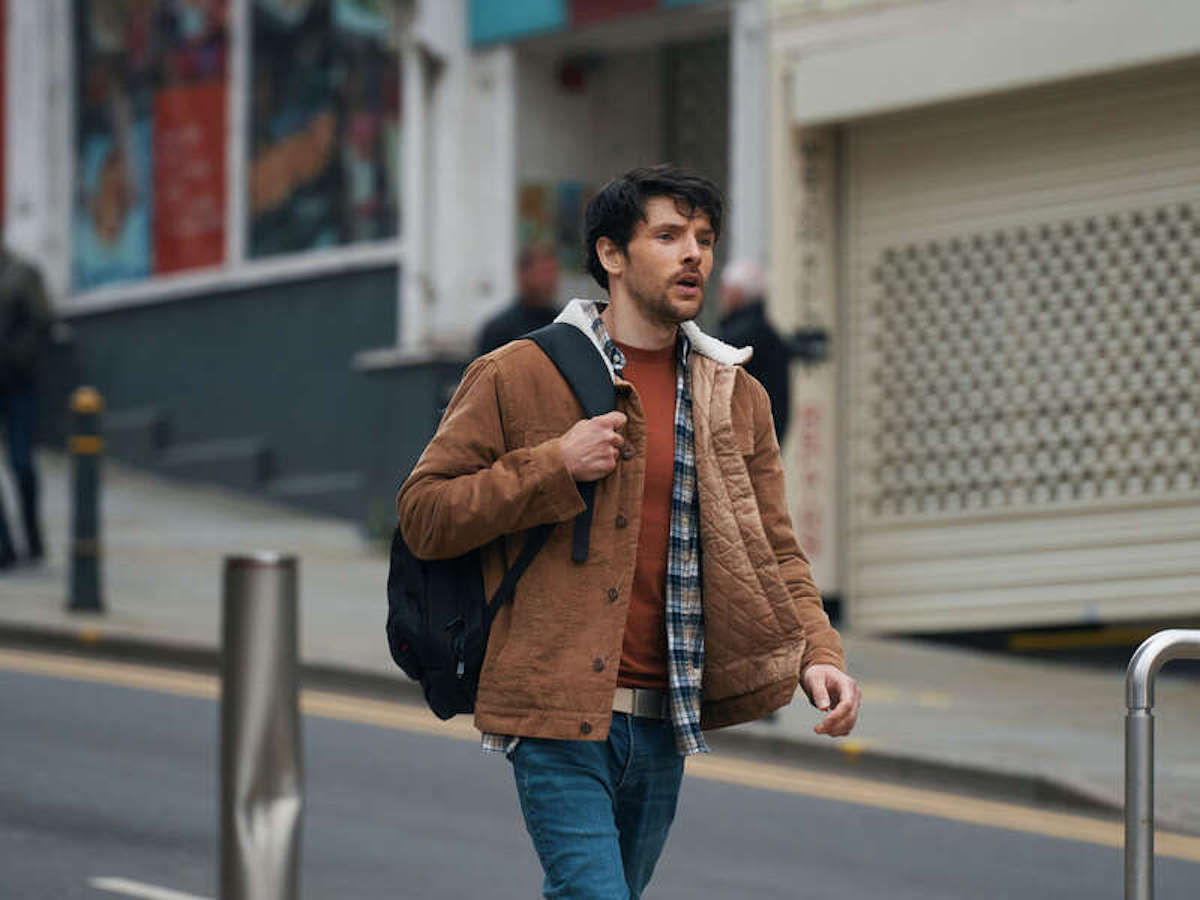
Former Merlin star Colin Morgan joins the cast this season as Liam Gates, the man in charge of ghostwriting Freddy's tell-all memoir about her time with Baba. But while Morgan remains as charming as always, the story does him no favors and seems to want to have it both ways with his character, casting Liam as both a potential love interest for Lola and a possible threat to Freddy. It's an edgier, darker performance than we're used to seeing from him, and a great reminder that he really should be on our screens in more things, like, immediately.
The problem is that, since the show so clearly wants us to consider Liam the season's major Birdman suspect, it holds his character at arm's length and refuses to commit to the sort of major emotional beats that tell us who this character is or what he wants. Instead, all we get tense musical cues and quick camera cuts that hint he's hiding big secrets, without offering us any reason for his behavior, counting on its audience to make assumptions that may or may not pay off by the end of the season.
And, look, while I understand that why the show might not want to explicitly reveal the identity of the Birdman too early, We Hunt Together showed us Baba and Freddy killing a man in the first episode of Season 1, and trusted its audience to still want to see their stories play out. This hasn't ever been a show about who the murderer is, but what their actions mean, and how those actions impact the characters around them. This show isn't a whodunnit, and I don't think any of us really want it to be.
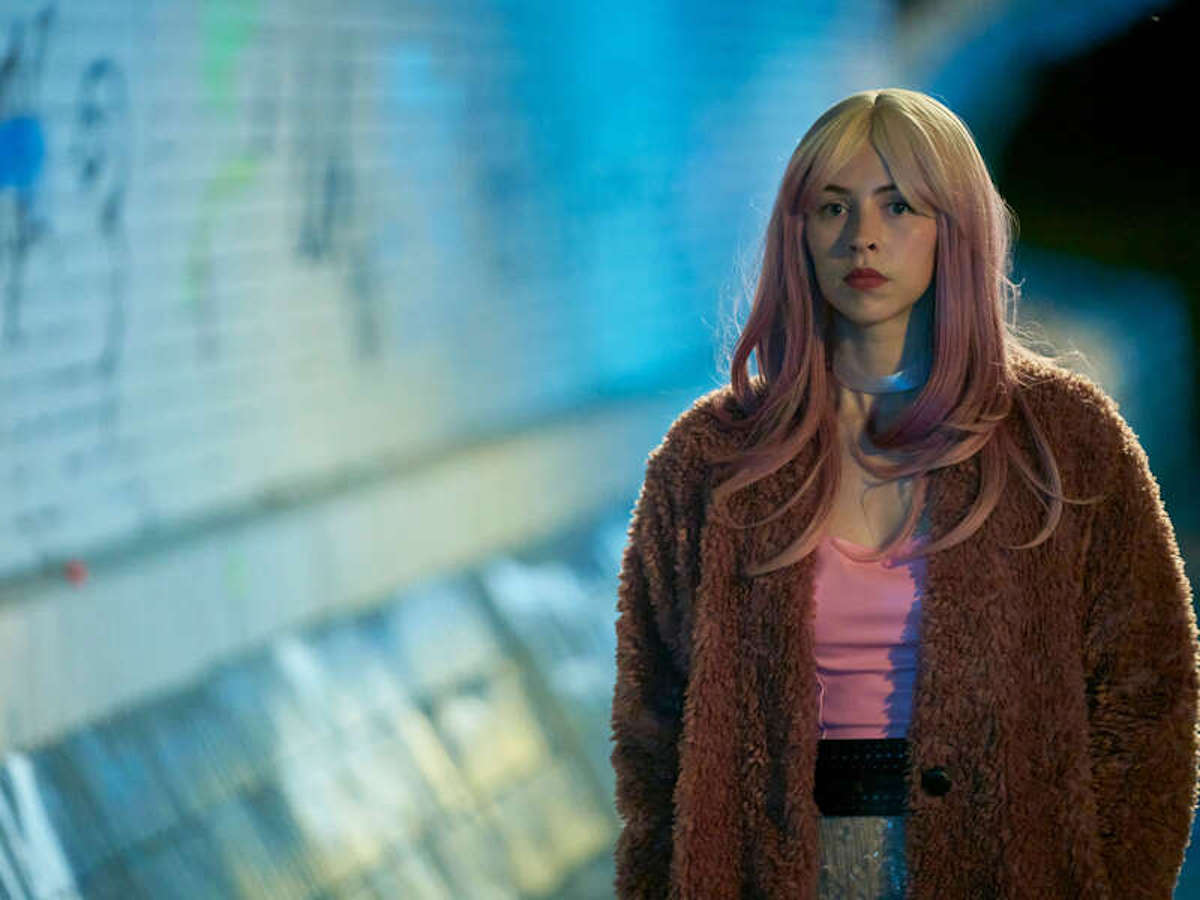
We Hunt Together is at its most slyly self-aware and self-referential when it comes to our larger cultural obsession with the famous faces of true crime. The tapes from Freddy's former life as a phone sex operator are sold for thousands of pounds on the dark web following her involvement in the murders from last season, a wannabe YouTube pundit has made her name trading on conspiracy theories about the things Freddy's supposedly done, and a local club throws a Birdman-themed opening party, complete with pigeon masks for its guests. It's all awful and trashy, but none of it's surprising.
Nothing about this even feels shocking anymore, and it's a pattern we can see played out across our own real-life media on the regular. So if we end the show mildly relieved that Freddy's story appears as though it will (or at least could) continue even further, is that really our fault? We've been trained to feel some level of sympathy for the devil, after all, and there are enough late-season twists regarding Freddy's emotional state, Lola's compulsive need to privilege her job over everything else, and their relationship to one another that would certainly make Season 3 worth watching. And at this point, aren't we kind of in for a penny in for a pound?
We Hunt Together Season 2 is now streaming in full online and airing weekly on Sunday nights on the premium cable network.


